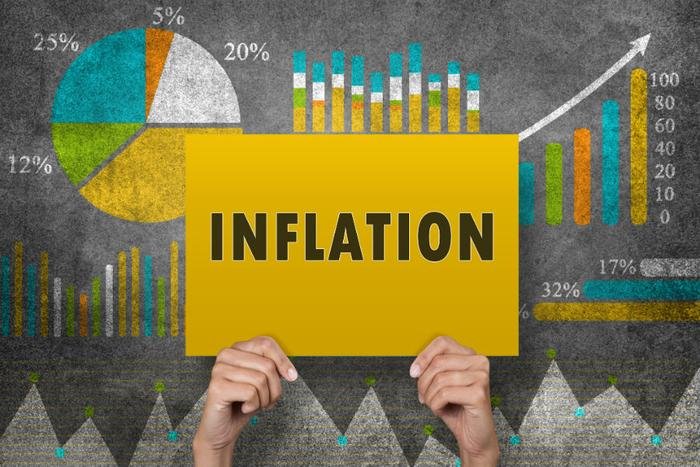First, the family lost their ancestral land. Then they lost their only house. Then they failed to manage a substantial livelihood to make both ends meet in a far-flung area of Pakistan, severely hit by the recent floods. The father of 8 children was in complete despair. His angry and grief-stricken eyes were questioning how he will manage to keep the body and soul of his children together. As 4 out of 8 were already stunted due to starvation and the unbridled inflation has further exacerbated their lives. This is not the story of only one family. It is the story that 40 percent population of Pakistan, is living under the poverty line.
Historically, the economy of Pakistan has not stabilized and most of the time it remained in shambles. In recent times when covid-19 had already aggravated the living condition of the majority of the population, the recent floods wreaked further havoc. For the calamity-struck people, inflation has proved like a bolt from the blue. It has now become the talk of the town. From social media to print media, from usual conversation to political debates everyone is raising his/her concern about the burgeoning inflation. The spike in inflation is not normal but exponential. It has spread fear in both consumers and producers and thus depriving the country form much-needed inclusive and sustainable economic growth. It can further worsen the situation by increasing inequality in the lower and upper strata. Generally, 2 percent inflation is considered grease for the economic machinery but double-digit inflation is worrisome for everyone.
Regrettably, Pakistan is caught between a devil and the deep blue sea. On one hand, inflation is soaring while on the other hand, unemployment is augmenting. According to a recent study carried out by the Pakistan Institute of Development Economics, the unemployment rate of university graduates is 24 percent for male students and 40 percent for females, while the government has only estimated 6.5 percent unemployment. The duo of high inflation and unemployment have triggered stagflation. According to a recent publication of the Pakistan Bureau of Statistics, prices of vegetable ghee, cooking oil, chicken, meat, fruits, and wheat flour have crossed the 49-year-old record of inflation. Such high inflation and unemployment rate have stripped consumers from their purchasing power to fulfill their daily needs. People are forced to cut down their food consumption. Moreover, some people have taken their children out of school and forced them into labor to earn a substantial livelihood.
In addition, the specter of hunger is also looming large and a hungry man is an angry man. This inflation will depose the rulers. Such skyrocketing inflation is an open invitation of the government to the masses to throw them away and surely opposition will get the full benefit of this looming issue. The government rationale is true up to some extent that inflation is a global issue as the energy prices have soared but it has taken an ugly turn in Pakistan. As food inflation is not that high in our neighbors India and Bangladesh. Moreover, the comparison of inflation with the other governments is not just because their per capita income is much higher than Pakistan and it is just like comparing apples and oranges.
Cutting the long debate short, where is the actual fault line? Since inflation is of two types. One is cost-push inflation while the second is demand-pull inflation. Pakistan is facing both types of inflation. The former is due to the high prices of fossil fuels in the international market, the latter is triggered by the injection of money for the Ehsas support program to mitigate the effects of covid. Apart from it, the economy of Pakistan has some structural issues and the government cannot absolve itself by blaming international commodity inflation. Since the last decade, our currency has depreciated by 80pc. Our experts are almost stagnant while imports have increased by 50pc. The huge trade deficit and high public debt to GDP of almost 90pc are also speaking for themselves. The country is also witnessing mis-governance and it is crystal clear from the previous wheat and sugar crisis. The government needs to divert whole attention to the problem of inflation because its implications are multitude – economic, institutional, financial, political, and social.
The writer is a lecturer in Economics.
